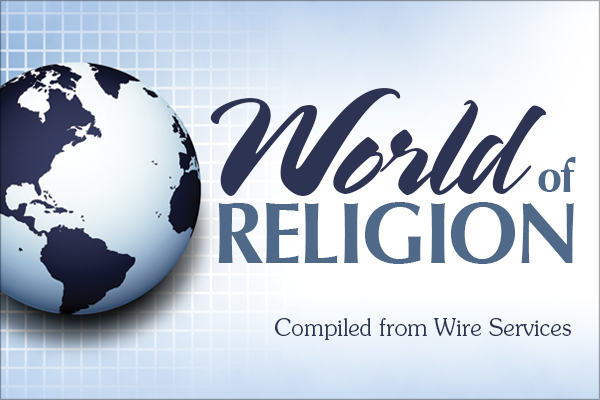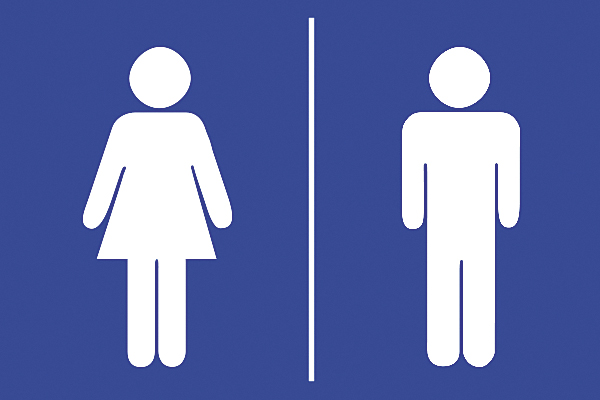Indeed, the experts who predicted society would inevitably turn secular were wrong. Even the mainline Protestant and Catholic churches are undergoing revival.
Those are some of the surprising discoveries Canada’s leading religion pollster, Reginald Bibby, has unveiled in his new study, “Restless Gods: The Renaissance of Religion in Canada” (Stoddart Publishing).
The University of Lethbridge sociology professor’s central thesis is that God is more alive than ever in the hearts and minds of Canadians — and if the country’s religious groups play their cards intelligently, they’re in for an era of renewal.
Bibby, who has been polling religious trends in Canada for 25 years, found small religions such as Islam and Sikhism are growing steadily. As well, the country’s evangelical Protestants have mushroomed to 2.5 million adherents in 2000, up from 1.1 million in 1950.
Bibby’s brightest news for organized religion in Canada, however, centers on how the country’s large mainline Protestant and Roman Catholic denominations have finally stopped their 30-year decline and are either stabilizing or expanding.
The 58-year-old Albertan scholar and author of eight best-selling books says not long ago many Christians tagged him as “Bad News Bibby” because, even though he was sympathetic to their aspirations, his polls kept telling them their pews were emptying.
On top of his grim prognosis, Bibby said prominent sociologists of religion such as Americans Harvey Cox and Peter Berger had begun in the 1960s to follow Karl Marx and Sigmund Freud and predict religion would never survive the industrialization of society.
Cox and Berger have since recanted. And Bibby has discovered, based on his latest 2000 poll of more than 3,500 Canadians, a significant rejuvenation of religion is taking place in Canada, both inside and outside the churches.
Even teenagers are attending religious group meetings in larger numbers.
“Secularization has been found to be a myth. God seems to be everywhere,” says Bibby, who has conducted major national polls every five years since 1975.
“Canadians not only are believing in God, but in startlingly high numbers they are talking to God and are convinced that they are experiencing God.
“Even the ‘least religious’ are giving off clues they believe in something beyond themselves.”
Breakdown of religions
Of Canada’s 30 million people, Bibby’s data shows self-professed mainline Protestants make up 19 percent of the population; evangelical Protestants comprise 8 percent; Roman Catholics outside Quebec come in at 23 percent; Catholics inside Quebec account for 19 percent; Jews, Muslims, Hindus and Buddhists together add up to 6 percent; and those with no religious affiliation account for 20 percent. The remainder refused to answer or were classified as other.
One of Bibby’s most crucial findings is that in the late 1990s the tide stopped going out for Canadian mainline Protestants and Roman Catholics, who continue to make up by far the largest religious groups in the country.
After decades of decline, the portion of mainline Protestants who say they now attend church at least once a week has risen to 18 percent in 2000 from 16 percent in 1990.
Weekly attendance among Anglicans has jumped 22 percent and regular Lutheran attendance has gone up 16 percent, while United Church attendance has stayed about the same. (RNS)




Share with others: